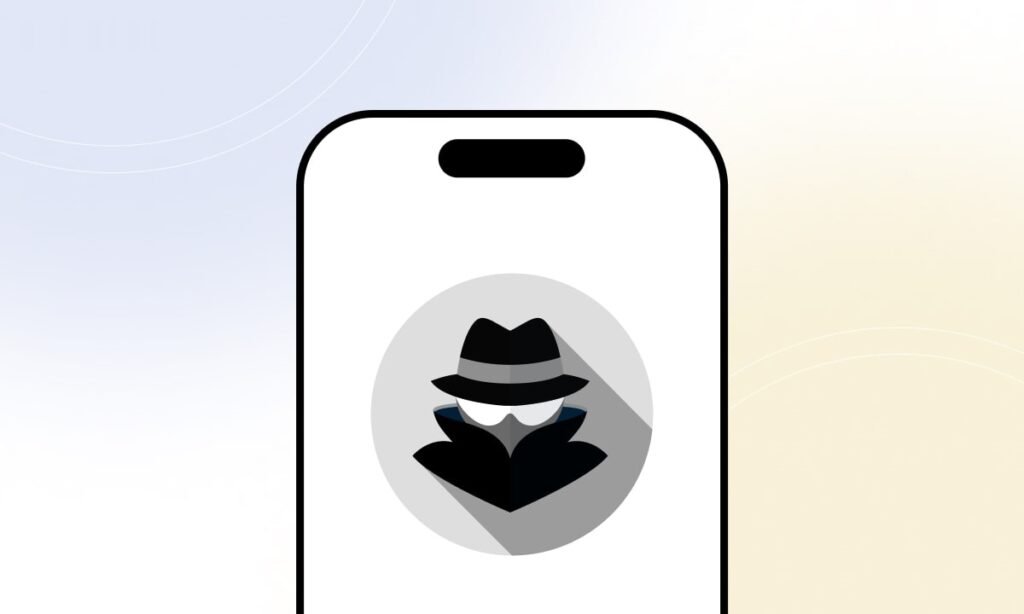Apple recently sent out security notifications to iPhone users in India and 91 other countries, raising awareness of a potential threat from “mercenary spyware.” These sophisticated programs can gain access to a user’s device and steal data, including messages, emails, and even private conversations.
While the warnings didn’t pinpoint specific attackers, they mentioned spyware like Pegasus, developed by the NSO Group in Israel. Pegasus gained notoriety for its role in allegedly targeting journalists, activists, and politicians worldwide.
What are Mercenary Spyware Attacks?
Mercenary spyware isn’t your average malware. Unlike mass-distributed viruses, these programs are highly targeted and expensive to develop. They’re typically used by governments or private entities to spy on individuals of interest.
Apple assures users that such attacks are “exceptionally rare,” targeting a very small number of people. However, the company has identified these threats and taken steps to protect its users.
Apple’s Fight Against Spyware
Apple is known for its focus on user privacy and security. Since 2021, they’ve sent out multiple threat notifications to users in over 150 countries. These warnings come after Apple detects spyware attempts and aims to inform potentially targeted individuals.
What to Do If You Receive a Threat Notification
If you receive a spyware threat notification from Apple, here’s what you can do:
- Take it seriously: While the risk might be low, it’s important to be cautious.
- Update your iPhone: Apple releases security updates regularly to patch vulnerabilities exploited by spyware. Ensure you have the latest iOS version installed.
- Change your passwords: Consider changing your Apple ID password and passwords for other critical accounts.
- Enable two-factor authentication: Two-factor authentication adds an extra layer of security to your accounts.
Staying Secure on Your iPhone
While Apple provides robust security features, it’s always wise to be vigilant. Here are some additional tips for staying safe:
- Be cautious of suspicious links and attachments: Don’t click on links or open attachments from unknown senders.
- Download apps only from the App Store: Third-party app stores might contain malicious software.
- Beware of social engineering scams: Phishing emails and messages can trick you into revealing personal information or clicking on malicious links.
By following these tips and staying informed about potential threats, you can help keep your iPhone secure and your data protected.

